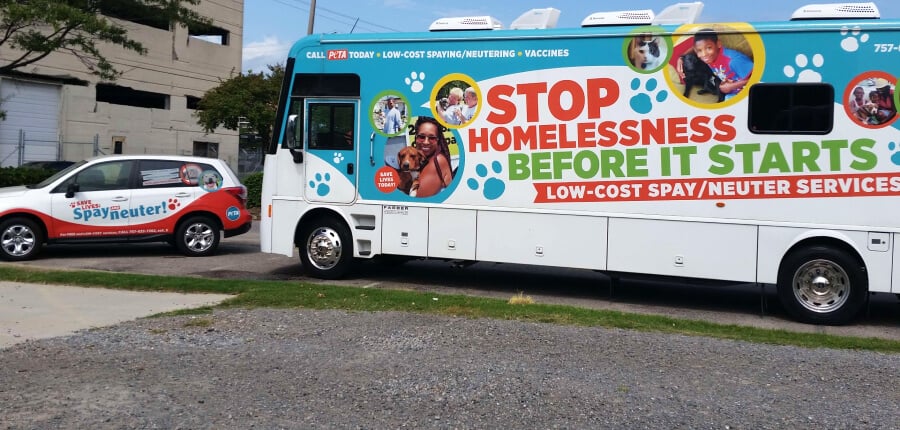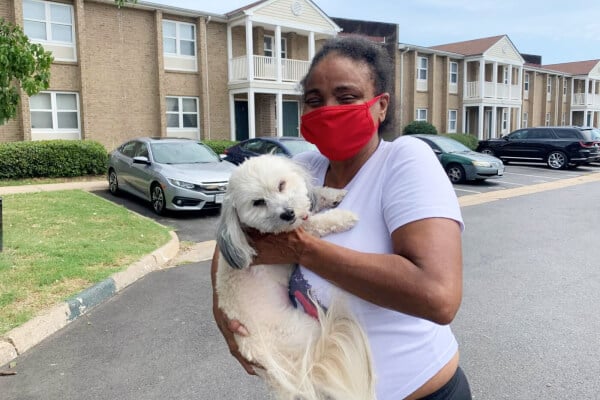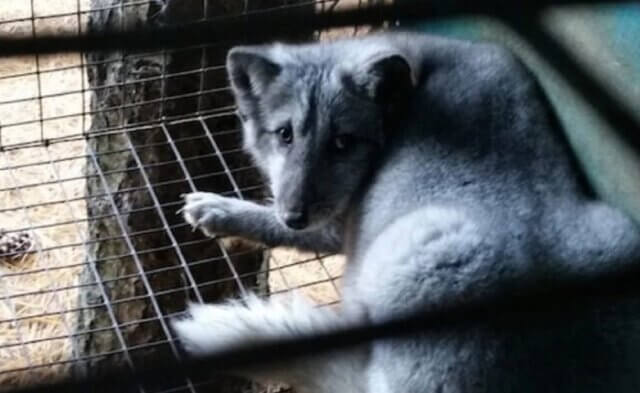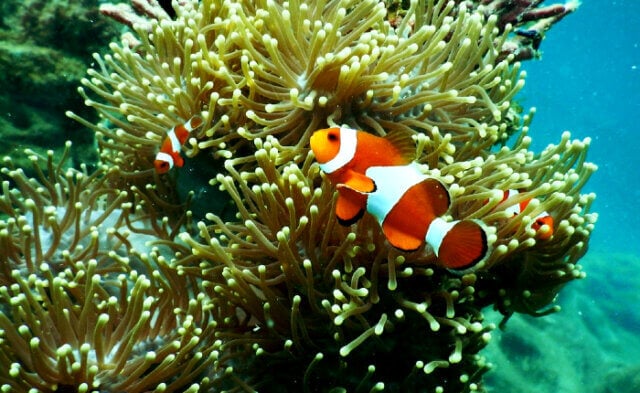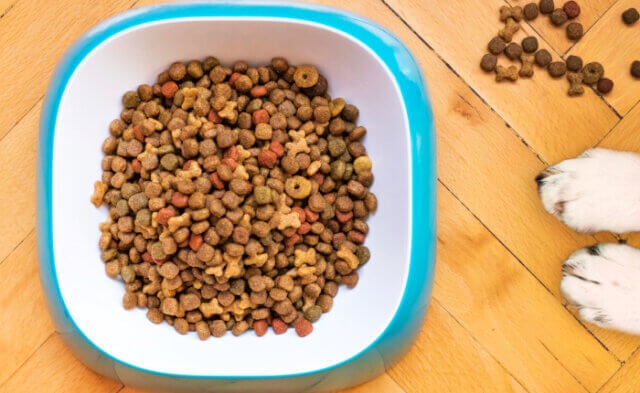Coco was in dire trouble. This small white dog was severely ill from pyometra—a life-threatening infection of the uterus that afflicts many unspayed animals. Coco’s guardian loved her, but she couldn’t afford the necessary lifesaving surgery, which would have cost between $1,200 and $1,500 at a veterinary clinic. Without it, Coco would soon die—and painfully.
Her guardian called PETA, which rushed Coco in for an emergency spay surgery at one of our mobile spay/neuter clinics and saved her life. Her grateful guardian donated what she could afford toward the cost of the procedure, and PETA absorbed the rest.
“My dog was dying. I had no one to turn to until I found out about PETA. They were a blessing from God,” Coco’s guardian wrote in a heartfelt thank-you note to PETA. “They helped me. They gave me back my baby. I can’t tell you how much I appreciate them.”
Now, Coco is happy, healthy, and back home with her guardian. Best of all, she will never again be at risk of developing pyometra—or of bringing more puppies into the world.
Preventing life-threatening conditions like pyometra is another reason why the work of PETA’s mobile spay/neuter clinics is vital—they’ve been operating for 20 years, and sterilized more than 13,000 animals in 2021 alone! Spaying and neutering is not just the key to ending animal overpopulation and homelessness—it is also the key to helping animals have the best lives possible.
Spaying spares female animals the stress and discomfort of heat periods, greatly reduces their risk of developing mammary cancer, and eliminates their risk of developing ovarian and uterine diseases—including cancer and pyometra—which are often life-threatening and require expensive surgery and treatment. In fact, animals who are spayed before their first heat cycle have one-seventh the risk of developing mammary cancer that unsterilized animals have.
Male animals are healthier if they’re sterilized, too. Neutering reduces the risk of developing prostate cancer, prevents testicular cancer, and makes male animals far less likely to roam or fight—behavior that can result in injuries and early death. Animals who have been “snipped” are also less likely to contract deadly, contagious diseases, such as feline AIDS and feline leukemia, which are spread through bodily fluids.
Animals who come to PETA’s clinics for “fixing” get other issues fixed up, too—including flea and parasite infestations, eye infections, skin conditions, and matted fur (which is painful and can even be life-threatening in severe cases). Our mobile clinics travel to low-income communities and offer free transportation to and from surgeries for animals whose guardians don’t have access to a vehicle. And they never turn away anyone who can’t pay.
Ahead of World Spay Day on Tuesday, February 22, will you support this vital work and help PETA give animals like Coco the care that they need?

